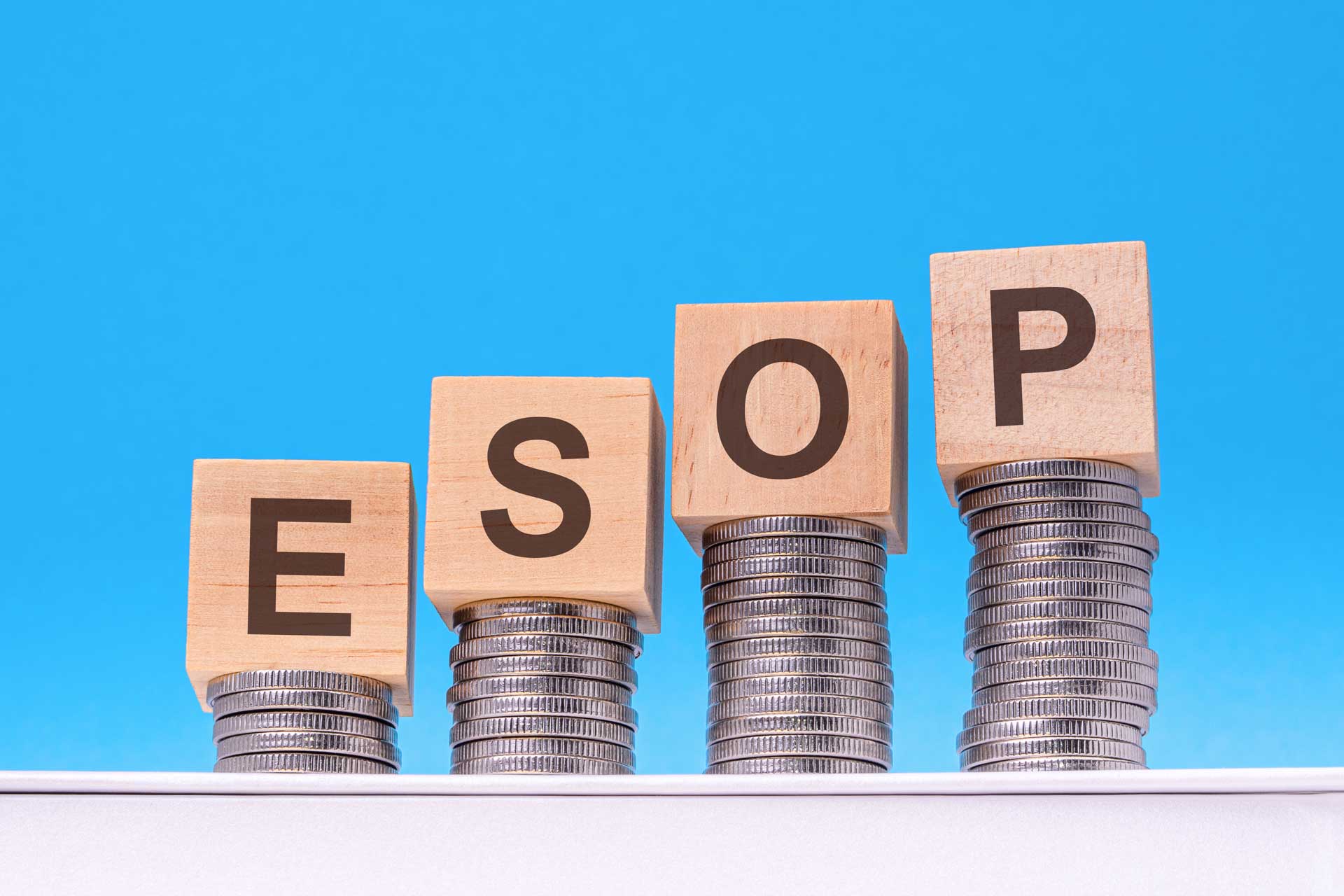
Data doesn’t show a big resurgence in Employee Stock Ownership Plans (ESOPs), yet. Don’t be surprised if that changes, given the Great Resignation and increased competition for a shrinking pool of skilled workers.
Today, about 14 million employees participate in 6,500 ESOPs, which means there are fewer plans than in the past but more participants, according to the National Center for Employee Ownership. UPS and United Airlines are two examples of large companies that offer ESOPs.
What about going forward? Well, that remains to be seen, but we believe all indicators are pointing towards potential growth in the number of plans offered and participants. Here’s why:
- Employers are having a hard time finding talent. Put simply, there are more jobs than people looking for jobs and, for the first time in a long time, employees are in the driver’s seat when it comes to deciding which company’s value proposition is worth their time and energy.
- Small and medium sized businesses are competing against Fortune 500 companies for talent. To level the playing field, employers may need to sweeten benefits and compensation offerings. That includes adding an ESOP to a benefit plan lineup.
- Current employees may be contacted by recruiters from companies that have ESOPs. Even if they aren’t thinking about switching jobs, hearing about a richer benefits and compensation package may pique their curiosity and interest.
- Talent shortages can impact business results. That doesn’t even get into the investment lost recruiting, interviewing, background checking, selecting a candidate, and creating a job offer only to have a job candidate say “yes” to a better offer elsewhere.
- Baby Boomers are retiring. As if the talent shortage isn’t challenging enough, employers are also facing what Forbes coined a silver tsunami.
Although there’s no one proverbial magic bullet to address staffing challenges, ESOPs do help attract, retain, engage, and motivate talent.
ESOPs can be an attractive addition to job offers for potential new hires and benefit programs for existing employees. An ESOP can be positioned as a way to enhance financial security and supplement retirement income. There’s also the added advantage that employees only pay taxes when they take a plan distribution (or they can opt to maintain the tax-deferred status by rolling over funds to an IRA or other qualified plan).
In addition to the potential monetary value, stock ownership can strengthen employee engagement by showing a company is making an effort to keep the employee around for a while and giving the employee an ownership stake in the success he/she helps create.
ESOPs also offer employers some valuable federal income tax breaks related to a portion of corporate stock and cash contributions, loans the plan takes out to buy shares, principal and interest payments, and tax-free earnings. What’s more, if you own a C-corporation and sell at least 30% of your stock to the ESOP, you may be able to defer capital gains taxes. Plus, there’s an abundance of research that shows companies that offer ESOPs are better able to weather economic uncertainties and storms than peers without ESOPs.
If you’re interested in learning more about the tax advantages of offering an ESOP or in exploring what an ESOP can do for your business, give RBT CPAs a call. We’re always here to help.
